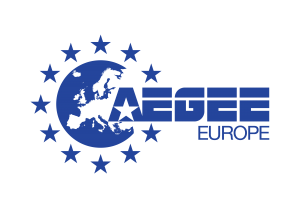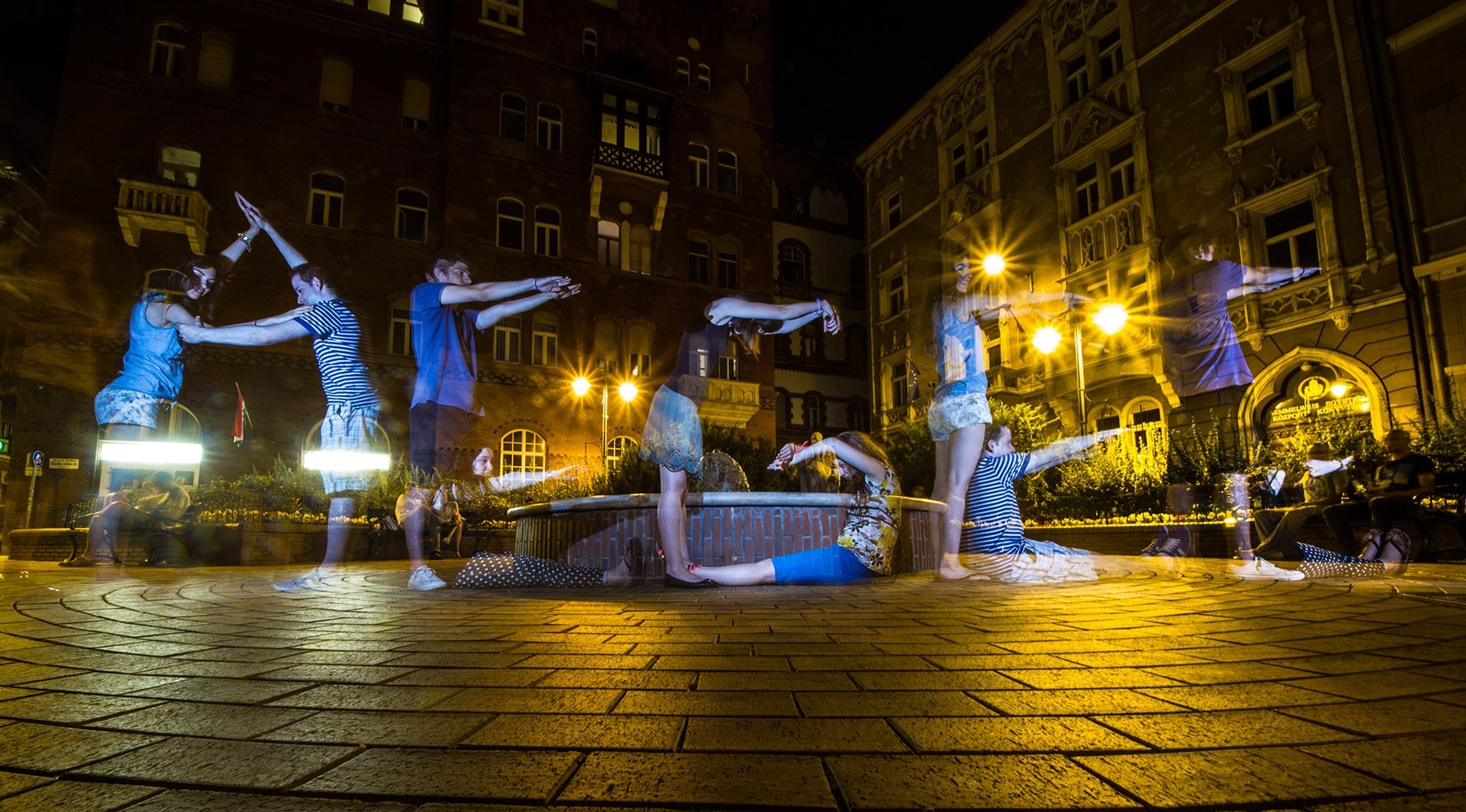 AEGEE-Europe
AEGEE-Europe
AEGEE (Association des Etats Généraux des Etudiants de l’Europe / European Students’ Forum) is a politically independent, non-profit European student association, open for all university students anywhere in Europe. Nowadays it has more than 10 thousand members in more than a 100 cities, and had more than 100.000 members since the foundation. AEGEE-Budapest is the Hungarian locals, called antenna.
The association was founded by Parisian students in 1985. The main idea was a conference by the contribution of Paris 5 Grand Ecoles, which gave the opportunity for European youngsters to argue, discuss or gathering ideas about Europe present and future. It was the so-called Huge AEGEE-conference, followed by a few more, and so antennas were born inside and outside of Paris.
In the 80’s, AEGEE members were mainly from the EU. With AEGEE initiative and assistance, the ERASMUS program was created in 1987, and then the Summer University program in 1988 – back then with only 11 venues.
AEGEE opened their gates to the Eastern section (AEGEE-Budapest in Hungary was founded in 1991), moreover East-West Working Group was started, and the expansion of the network has begun exponentially. Cooperation and partnership was formed between the association and the European Council in this decade. The first non-European antenna was born in Turkey in 1995. The management moved to Brussels in 1996, where AEGEE-Academy was established.
There are 2 different areas in AEGEE organisational structure: European Level and Local Level. The European Level is formed by the European Board of Directors, consists of 4 commissions, 11 working groups and 9 international Project Teams, who make their sessions in Brussels. The Local Level is made up by local antennas and working groups.
Main goals of the association:
- A prejudice-free Europe.
- Open and tolerant community.
- Democracy, human rights, tolerance, cooperation between borders, mobility and the support of European level education.
The association is cooperating inter alia with Europe Council, UN, and UNESCO.
